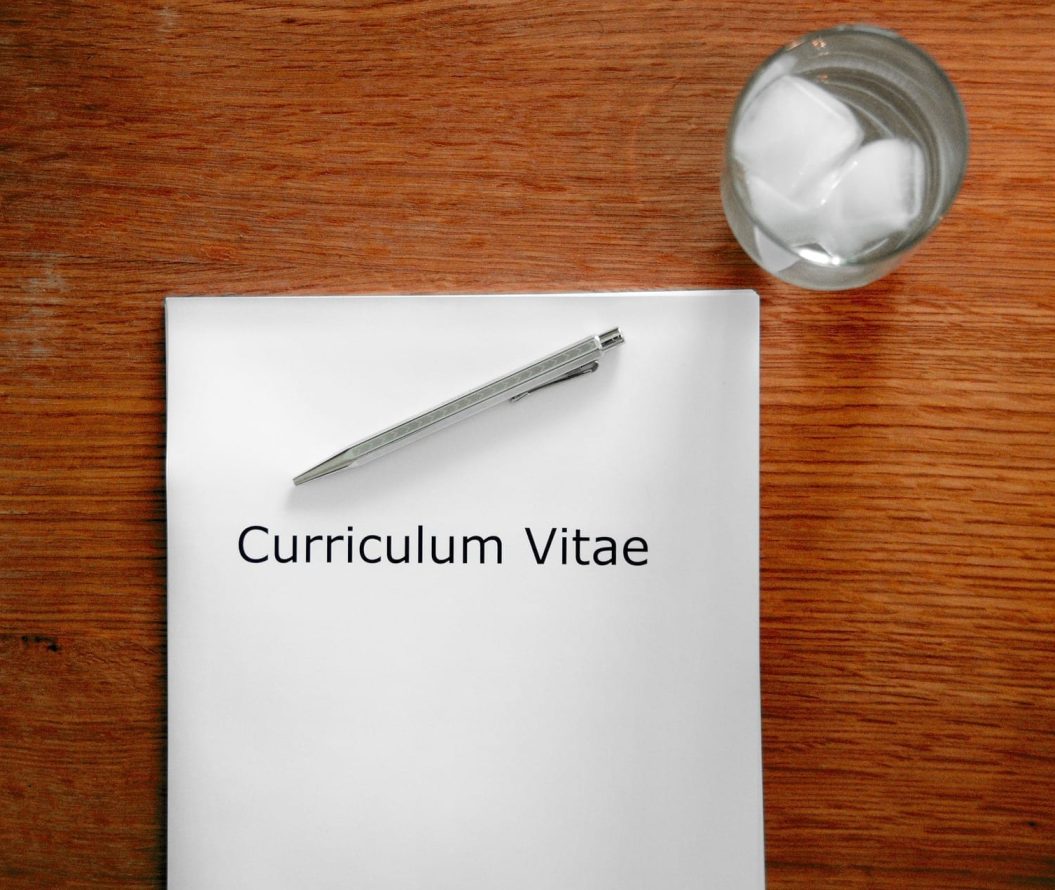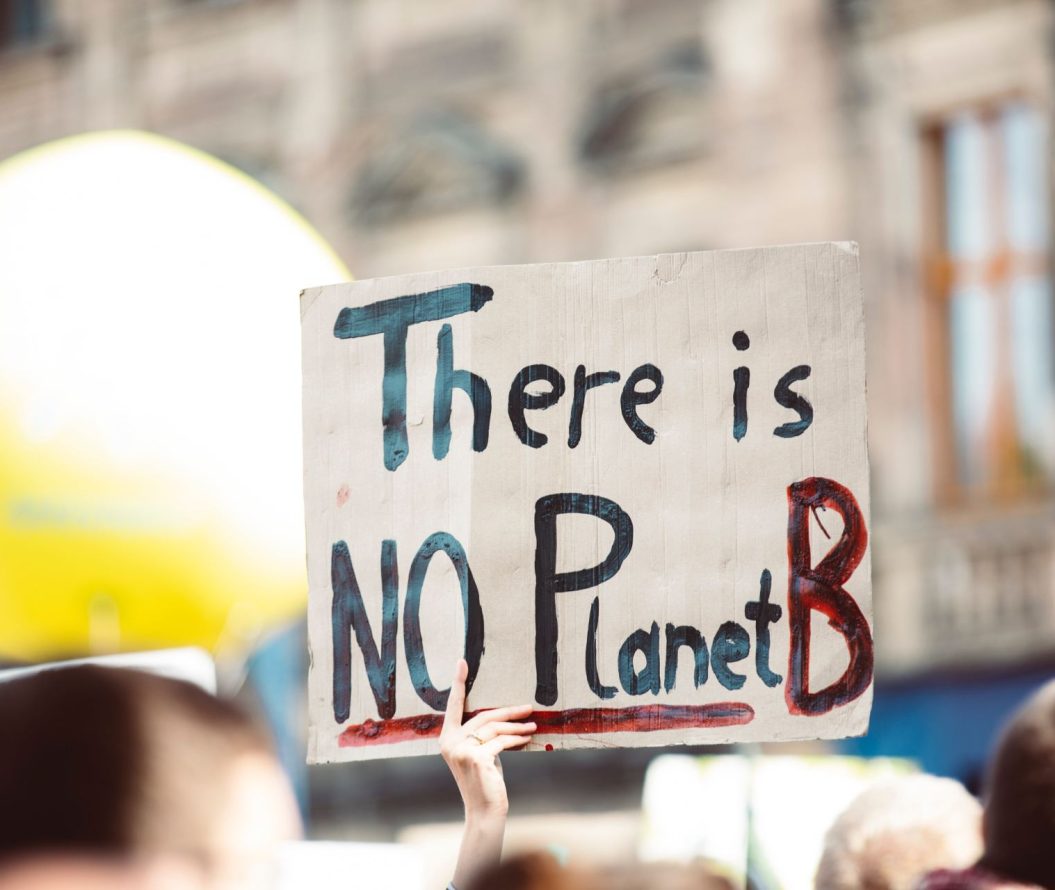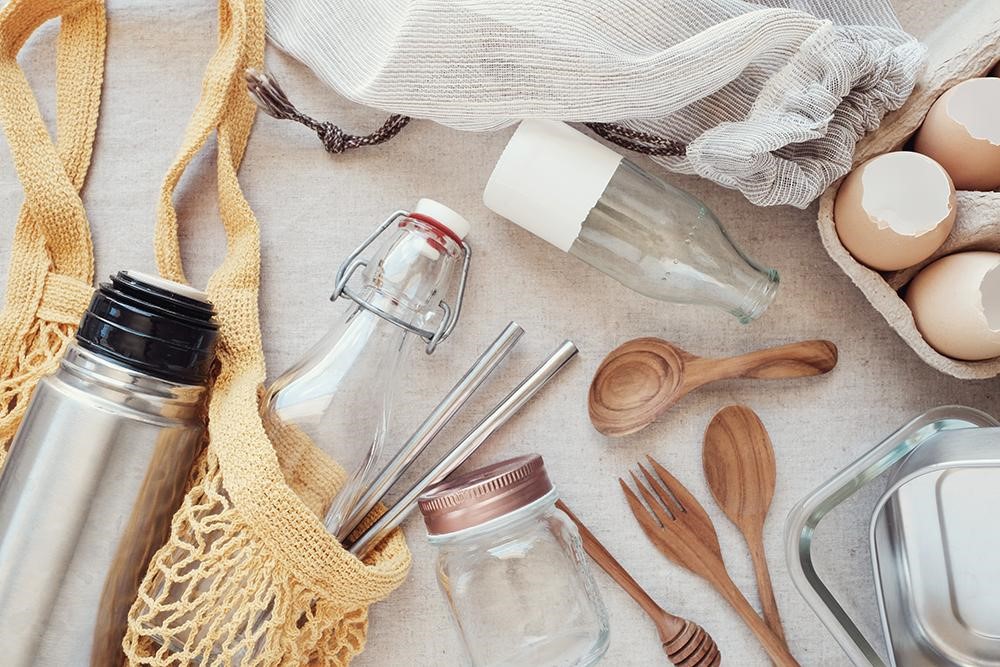Hi! I'm Zuzanna, an unapologetic feminist doing her MA degree in Gender Studies, and a member of Feminist Society here at UoL. I love forcing people to taste my Polish cuisine endeavours - love it, even more, when they actually…
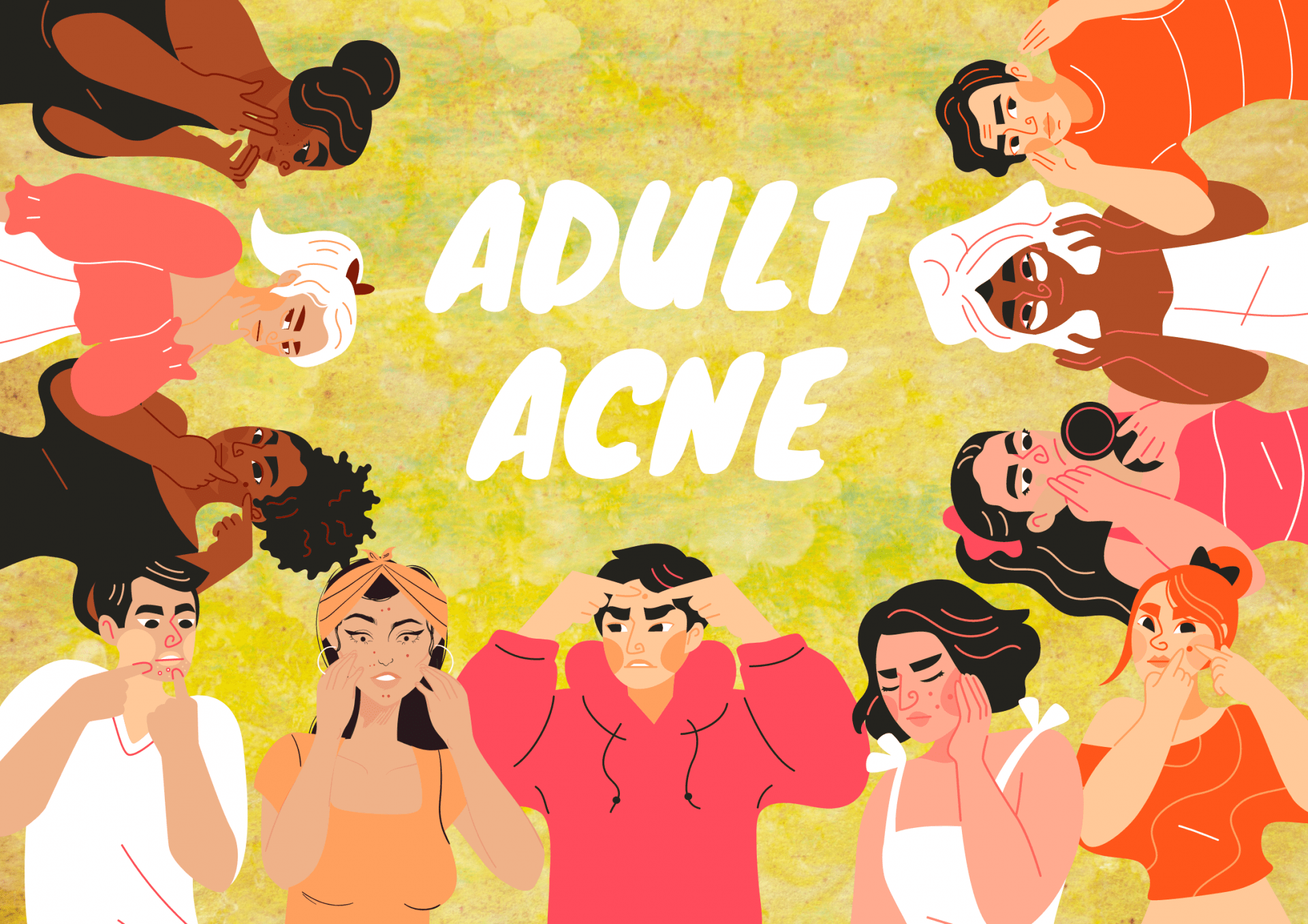
Post-adolescent nightmare: acne in your 20s
May 16, 2021,
read.
This article is more than 3 years old

I considered myself very lucky when acne spared me in my teens. Seeing how much nuisance one must put up with due to this skin condition, I was glad that I do not have to experience that on my own (excuse the pun) skin.
Until my 20s hit, and my skin became a constant battlefield that I was once so happy to avoid. Turns out, acne is not solely a puberty trait, but it can affect you at any age, for the exact same reasons:
- Excess oil production
- Clogged pores
- Bacteria
- Inflamation
Indirect factors also play a role here, such as stress, poor diet, or hormonal issues. All of those, separately or combined, can negatively influence our skin, whether you are of post-adolescence age or not.
It took me a while to figure out which products to use and how to use them to improve my skin condition. It is not, by any means, a professional guide, however. What helps me keep my acne in check may not work out for you: always consult with a professional first.
1. Cleansing
Regular face washing is crucial not only for make-up wearing people. A daily, solid cleansing removes excess oil and other substances that found their way onto our skin. I found that cream or foam types of cleansers work the best with acne-prone skin, as there are the gentlest and do not have drying qualities. Cotton pads became a no-no as well, as they often irritated and inflamed what I tried to heal. I recommend using soft, natural material cloths (like bamboo cotton or GLOV).
- Recommend: Cetaphil Gentle Skin Cleanser – £9.50
2. Exfoliating
When you struggle with breakouts, heavy, mechanical peelings are not the best way to exfoliate. The gentler, the better. That is why chemical exfoliation, where the acids are used, quickly become the all-time favourites. Ingredients such as salicylic acid or benzoyl peroxide are great in unclogging pores, exfoliating the dead outer layer of our skin, making it softer and brighter. Before using any of those, however, make sure that they are safe for you to use and be mindful of mixing different products. When in doubt, contact a dermatologist.
- Recommend: Paula’s Choice 2% BHA Liquid Exfoliant – £8 (for a travel size that lasts months)
3. Moisturising
For a long time, I thought that because I have oily skin (a condition that acne thrives in), I have to use products that make my skin ‘drier’. But that only triggers the skin to produce even more oil, and the endless loop of frustration begins. That is why moisturising is so important. As with exfoliants, the best hydrating ingredients tend to be acids such as hyaluronic acid, which exists naturally in the human body but, unfortunately, decreases with age.
For your daytime routine, remember about sunscreen! Whether it is sunny outside or not, we are constantly exposed to UV rays. For choosing the right product for your skin condition, you may find some vital information here.
- Recommend: Avene Hydrance UV Emulsion SPF30 – £12.37 & La Roche-Posay Effaclar Duo+ Blemish Treatment – £12.75
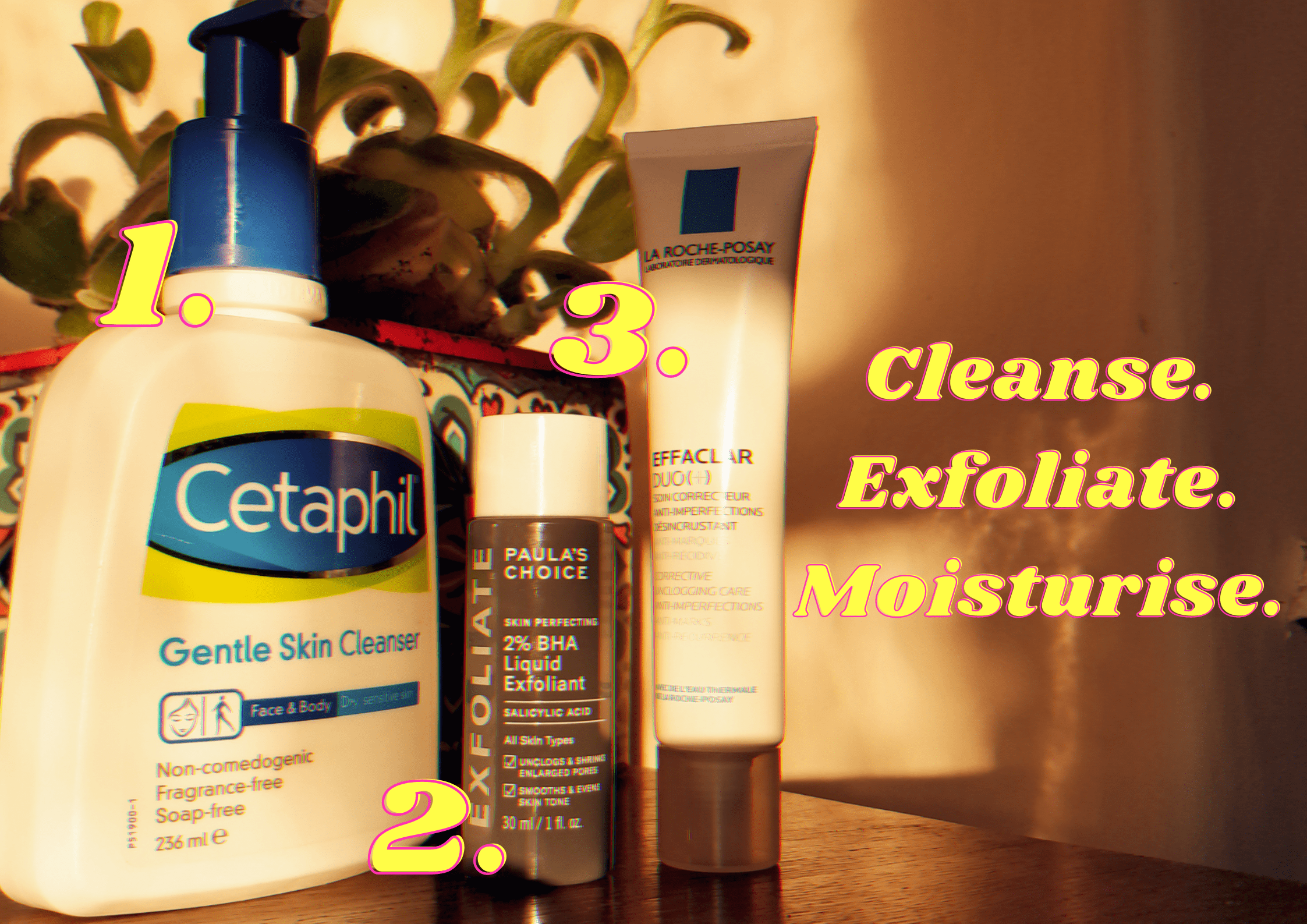
Remember, our skin is what protects us. It bears the marks of our hard work, our trials and efforts – why should we hate it for its physical manifestations of our growth? Although troublesome, coming to accept (and maybe even love?) your skin is not impossible.
- Topics
- Confidence
- Skincare

